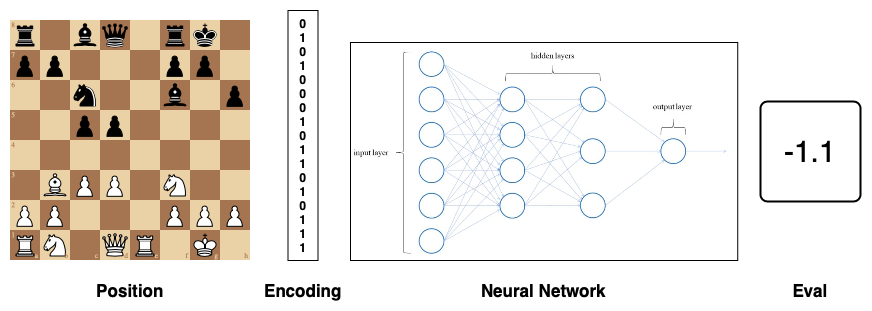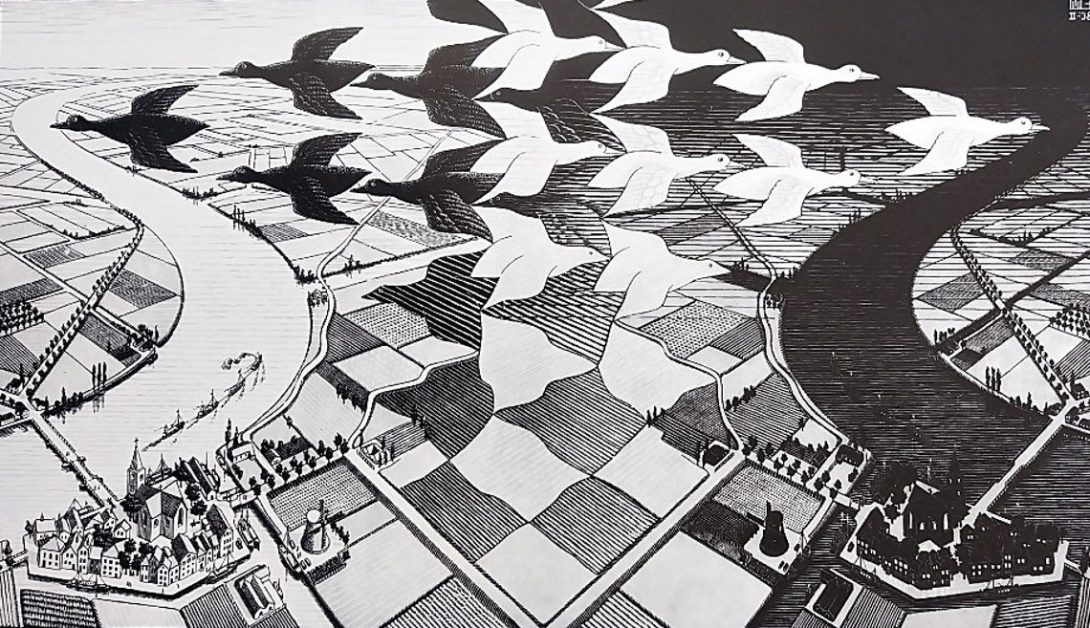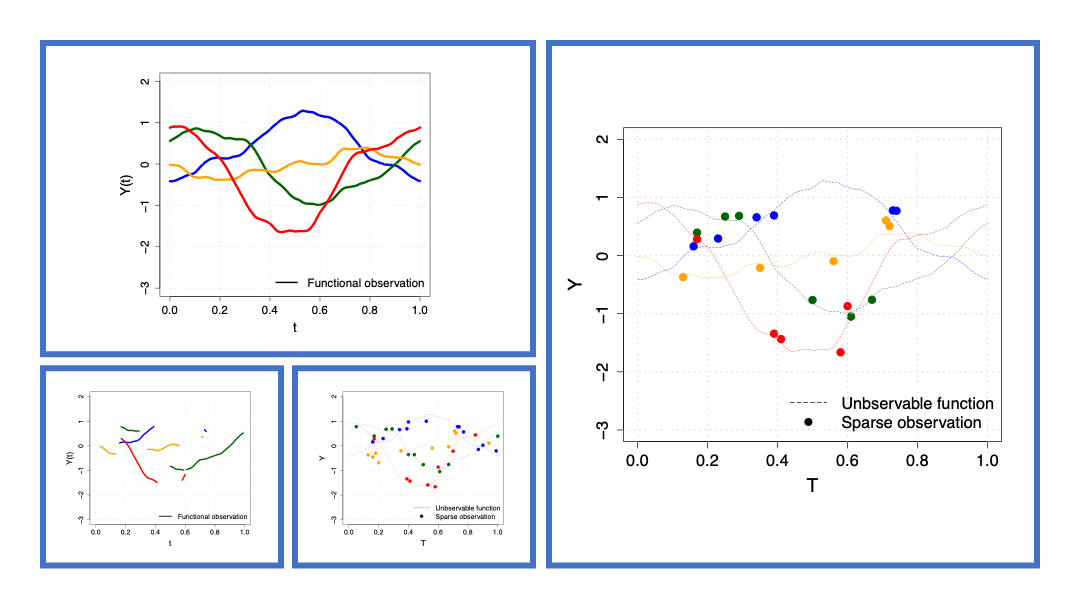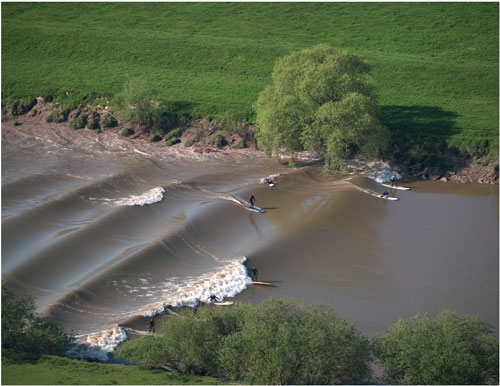Fall 2023
Fall 2023 Projects
Machine learning, chess and mathematics

Project Supervisors: Drew Shulman and Evangelos Kobotis
Neural networks have been developed to recognize handwritten text, predict housing prices, improve autonomous driving systems, and even play games like chess and Go. A neural network is an example of a **machine learning algorithm**. In this project, we will explore machine learning algorithms and apply them to chess. Our goal is to introduce the student to the mathematical treatment of chess and to also write concrete programs that will implement relevant algorithms. Chess and neural networks are two vast fields of study and we would like to explore different directions, depending on the students’ preferences, and our hope is to make this a fun project that will serve as an introduction to some modern techniques in computer programming.
The quest for prime numbers

Project Supervisor: Evangelos Kobotis
The purpose of this exciting project is to acquaint the student with the mysteries of prime numbers and explore the numerical techniques that allow us to explore them. Our main goal will be to become acquainted with the different primality tests and use them in practice in order to see what it takes to find never-seen-before prime numbers. All theory will be explained in detail.
Prerequisites: An interest in prime numbers. All background material and programming techniques will be covered from scratch.
Poster: Primality-TestingPoster-Fa22
Functional data analysis with incomplete observations

Project Supervisor: Kyunghee Han
The statistical analysis of random objects has become an important class of research framework in modern statistics and machine learning literature. In response to new challenges with the surge of data complexity in data science, data sets that consist of random objects like curves, images, and manifolds are frequently involved in contemporary statistical analysis. The standard methods in functional data analysis usually assume that random objects are fully observed in the same domain of interest. However, it is more common in practice that responses are partially observed or collected on subject-specific domains. In this project, we will study recent developments in functional data analysis and their applications with incomplete observations.
Prerequisites: Probability, statistics, and programming experience would be helpful.
Modeling surface water waves

Project Supervisor: Jerry Bona
This project is concerned with modeling the propagation of surface water waves. In coastal engineering settings, one has an interaction between surface waves and the sandy bottom. Both move, on very different time scales. The surface-water problem must be solved many times during the time-scale over which the bottom moves. Models consisting of coupled systems of ODEs have been suggested whose numerical solutions can be run very rapidly. In this project, we will study questions such as how the mean slope of the bottom plays into the nonlinear interaction between the modes of waves incoming to a gently sloping beach.
Prerequisites: Math 210, Math 220, and programming experience.